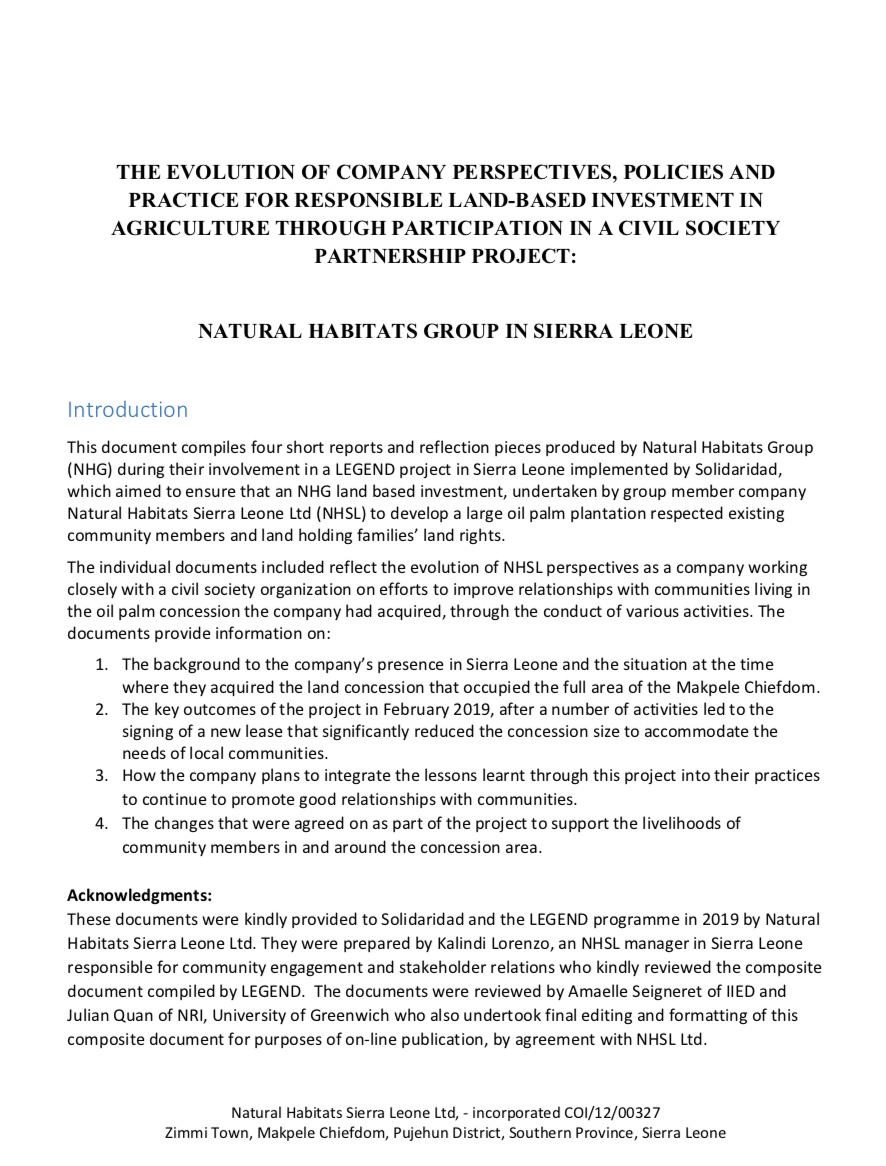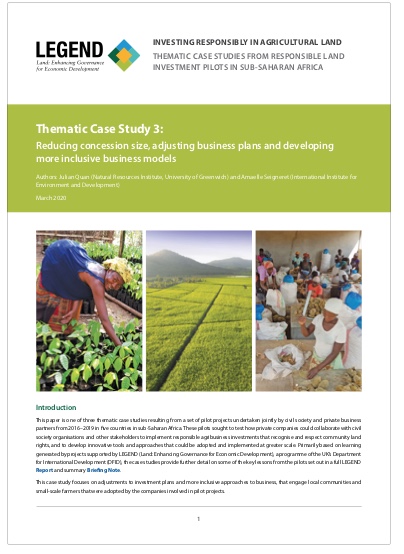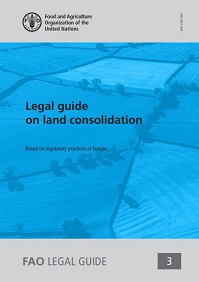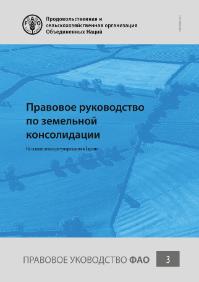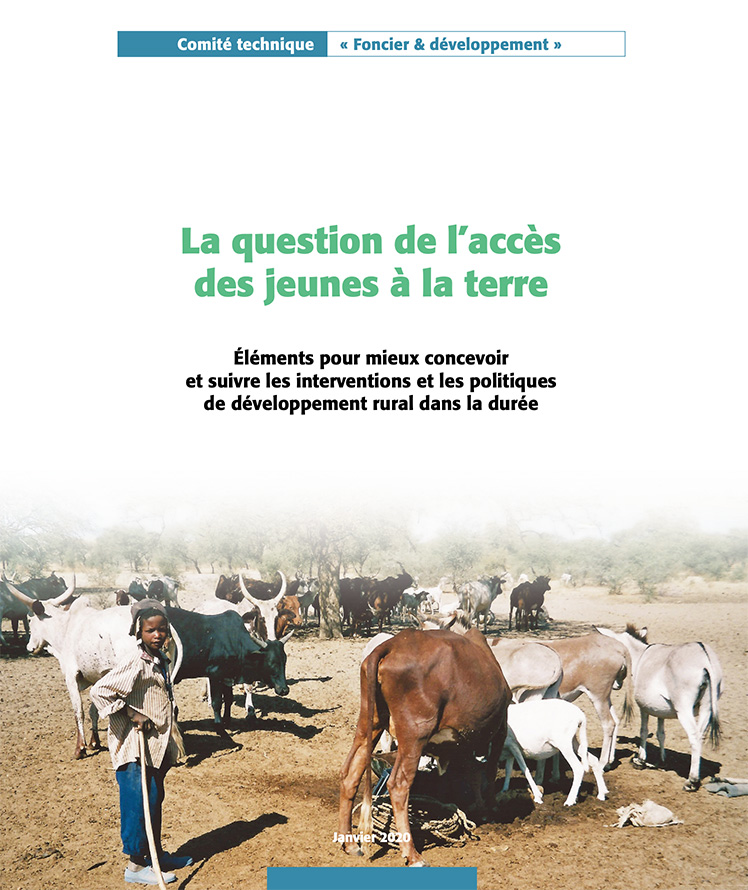Gender Equality in Ownership of Agricultural Land in Rural Tanzania: Does Matrilineal Tenure System Matter?
Gender gap in ownership of agricultural land is still wide in many developing countries, mainly in favour of men. In some of these countries, both patrilineal and matrilineal systems are practised and recognized by governments. Tanzania is one of the countries in which both systems are practised. This paper explores the extent of gender equality in ownership of agricultural land in Kisarawe and Mkuranga districts which are typical rural agricultural settings and mainly matrilineal societies in Tanzania. It also attempts to examine women’s benefits from agricultural activities.



